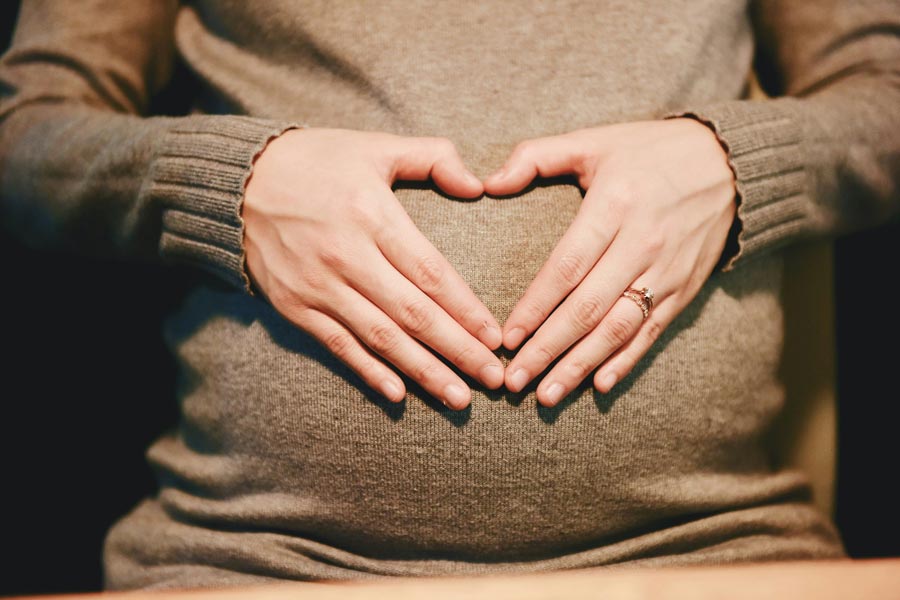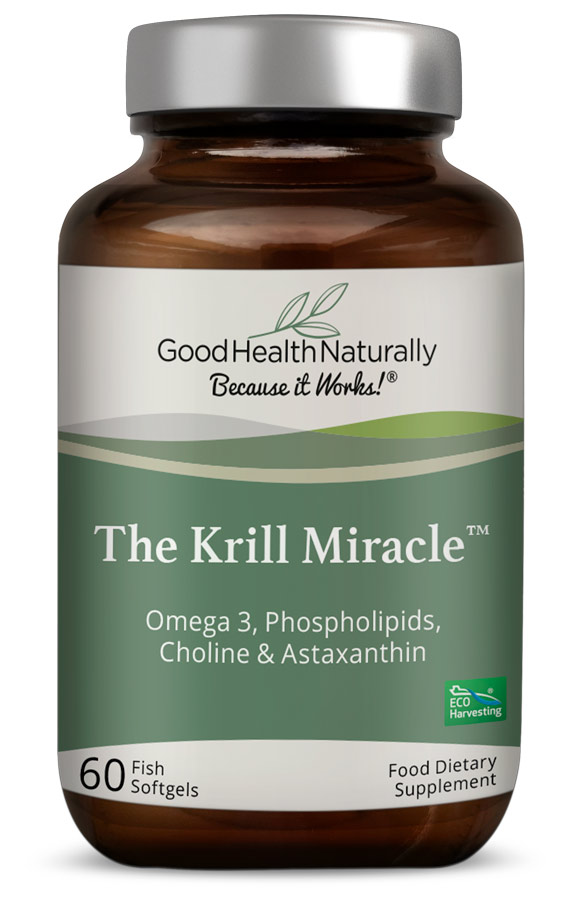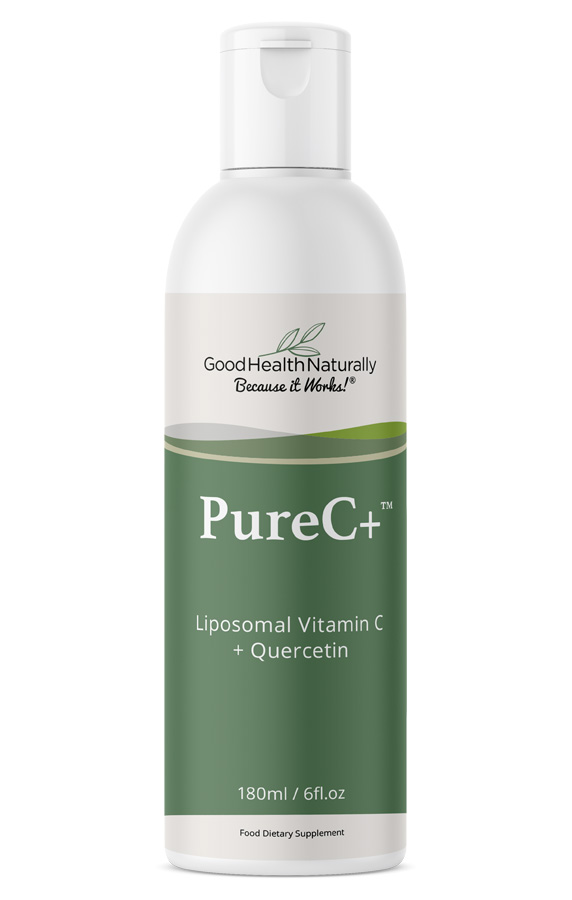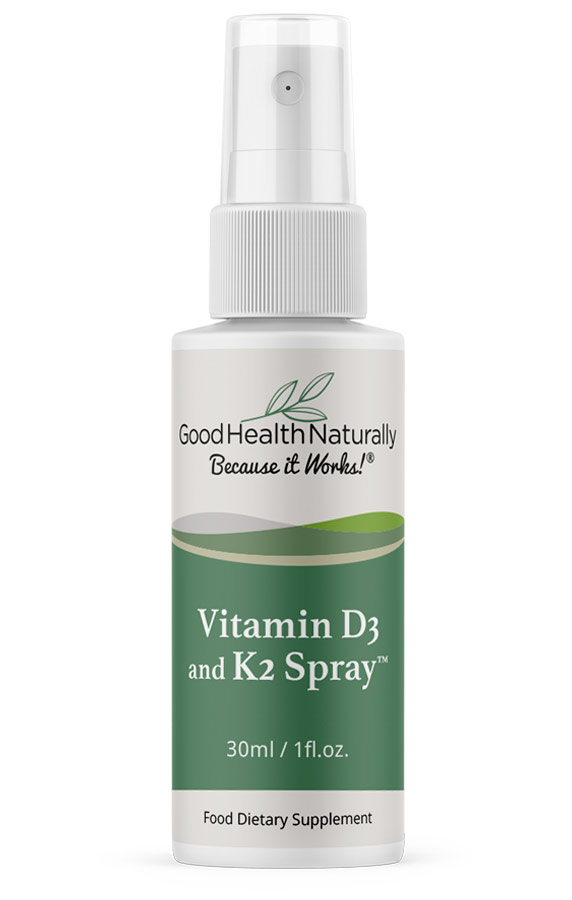Nourishment for the first trimester
For example, in the first trimester, the baby’s growth is focused on neural tube development. This is the area that becomes the baby’s spinal cord, spine, brain, and skull. Plenty of B vitamins are essential here, especially folate(B9) and B12.
Food sources of folate include dark leafy greens (spinach, romaine lettuce, asparagus, Brussels sprouts, broccoli), citrus, lentils, legumes and eggs. Many women find eating a balanced diet at this pregnancy stage challenging if they are feeling nauseous and unwell, so supplementing provides additional support. The body better utilises folate than folic acid, the synthetic form found in many supplements, so look for folate, the natural form of B9.
Vitamin C is important throughout pregnancy, and its significant role in raising immunity levels can be valuable when the mother’s body is undergoing sweeping hormonal changes.
Focusing on the needs of the second trimester
In the second trimester, blood volume increases by 40 – 50%. This increase in volume means a sufficient supply of iron becomes significant because iron helps transport oxygen around the mother and baby’s body. Again, vitamin C is an integral part of this process as it increases iron absorption. Food sources of iron include beans, such as red kidney beans and chickpeas, nuts, dried fruit, pumpkin seeds, and quinoa. Spinach and broccoli are also good sources of iron as they naturally have plenty of vitamin C to support absorption. Finally, a delicious 28-gram serving of dark chocolate can provide 3.4 mg of iron. Choose chocolate with a minimum of 70% cocoa for maximum benefits.
Healthy eating in the third trimester
During the third trimester, the baby’s nutritional needs peak because this is the time of the most rapid growth. Therefore, high levels of iron are still needed. Protein is also required to support cellular growth and the development of a healthy placenta.
Calcium becomes an essential nutrient as a baby’s bones develop, and more pronounced movements in the mother’s belly make their presence known with increasingly feisty knocks and kicks. Whilst calcium is critical for bones, its proper absorption requires D3 and K2, as well as magnesium. Good sources of calcium include broccoli, spinach, kale, almonds, sesame seeds, brazil nuts, sardines, salmon, figs, apricots, papaya, and oranges.
Healthy fats, especially Omega 3s, have a significant role in a baby’s brain development. A baby’s brain is 60% fat. Good fats also build up the baby’s energy sources for birth and help give a good start in life, as weight is commonly lost temporarily during the first few days after delivery. Omega 3 sources include fatty fish and some marine algae.
Foods to avoid for healthy eating during pregnancy
Knowing what comprises healthy eating during pregnancy is important and significant for fetal development. It is also important to know that avoiding some foods is best for an optimum outcome for both mother and baby. Some of these are:
- Undercooked or raw fish or meats, especially poultry, pork, sausages and burgers, are best avoided due to the risk of viral, bacterial, or parasitic infections.
- Raw eggs carry a risk of salmonella, and unpasteurised milk, cheese, and fruit juice also risk having bacterial contamination.
- While all hard cheeses, such as cheddar and parmesan, are fine, mould-ripened soft cheeses with a white coating on the outside, such as brie, camembert, and chevre, or soft blue cheeses, such as Danish blue, gorgonzola, and Roquefort, should be avoided unless cooked until steaming hot.
- Wash all vegetables and salads well. Do not eat salads that have been left out at room temperature for any length of time, as bacteria can multiply quickly.
- Make sure any ready meals are piping hot.
- Paté, including vegetable paté, is also best avoided due to the risk of listeria.
- Avoiding alcohol and minimising junk foods are also recommended for a healthy pregnancy.
Keeping the balance for a happy pregnancy
A happy pregnancy is also all about balance. Yes, nutrition-dense foods will give you and your baby the best chance for a healthy pregnancy. And yes, you want to limit processed carbs and sugars and avoid potentially unhealthy foods. But if you have a craving for a piece of cake, well, maybe you need it!
Preparing for a healthy, happy baby is not only about healthy eating during pregnancy. It’s also about enjoying preparing to greet your little bundle into a world of love and joy. So, listen to your body, trust your intuition, and have a wonderful pregnancy and a beautiful baby.
Always seek guidance from a healthcare professional if you introduce any dietary supplements during pregnancy or breastfeeding.
Please note: The product images represent the ongoing rebranding across Good Health Naturally range and may currently vary from actual stock.







